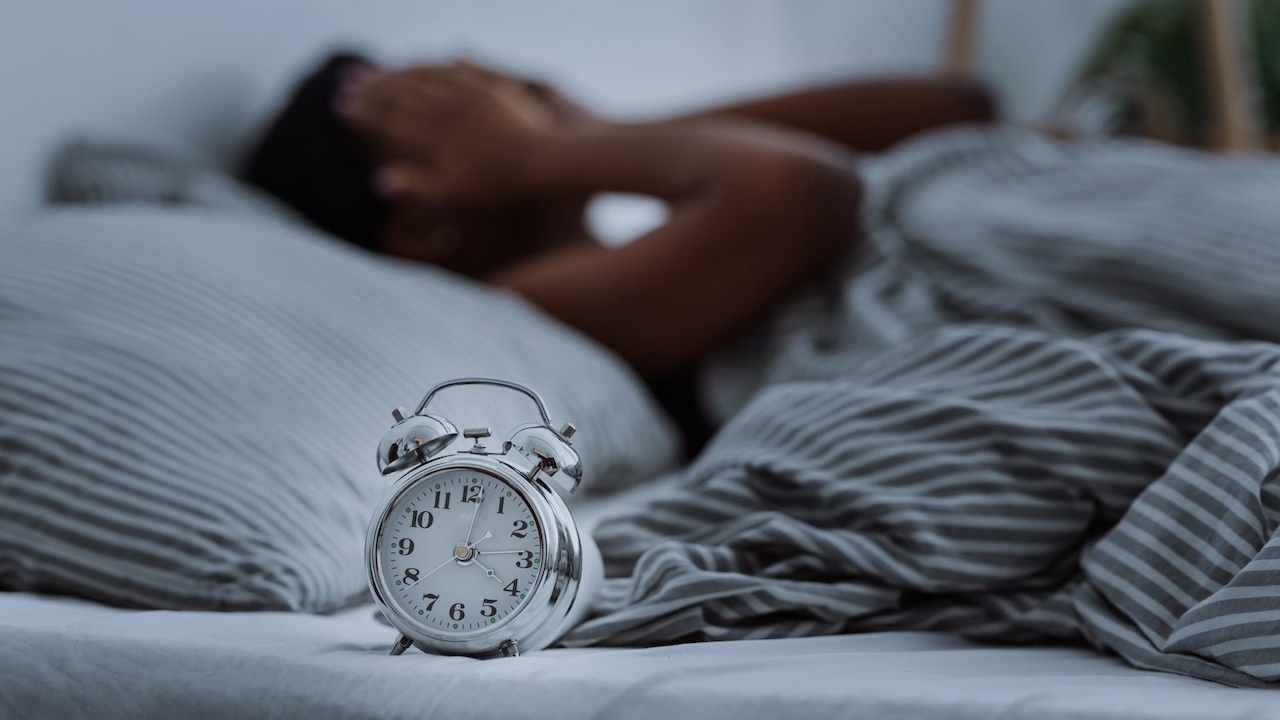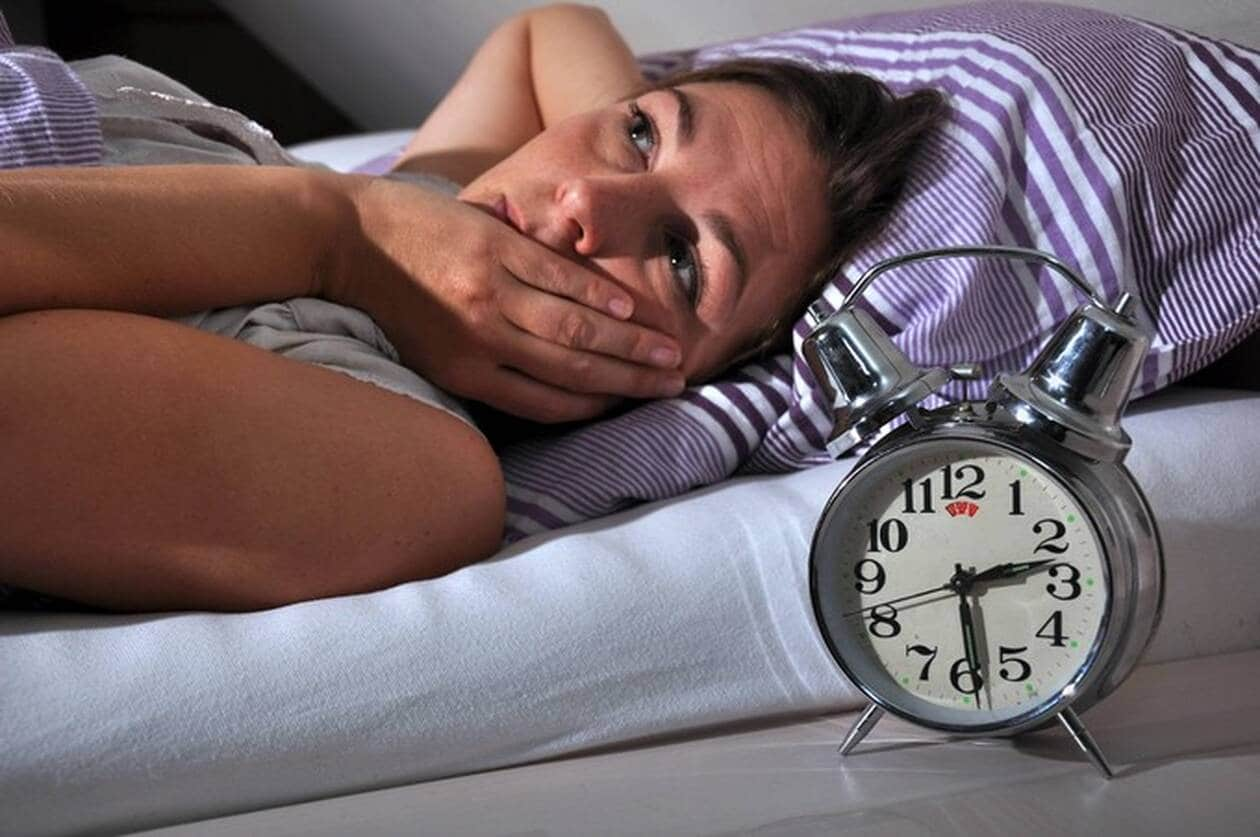It's always the same story. You went to bed at a reasonable hour, without a heavy meal, your phone on airplane mode... and yet, here you are, waking up in the middle of the night, eyes wide open, for no apparent reason. It's 3 a.m. Again. What if this strange moment wasn't just a coincidence?
The “Hour of the Wolf” : A Legend Not So Far-Faced?

In some cultures, the time between 3 a.m. and 5 a.m. is known by the poetic (and somewhat ominous) name “wolf hour .” Popularized by Swedish director Ingmar Bergman, this expression evokes a time when inner anxieties take over, nightmares seem more real… and we feel particularly vulnerable.
But beyond cinema and Scandinavian folklore, this phenomenon resonates with a much more banal, but equally intriguing, reality: that of the natural functioning of our body during deep sleep.
What the science says: When the body slows down to its maximum

Between 3:00 and 5:00 a.m., our bodies reach a particularly deep state of rest. At this time, body temperature drops, blood pressure decreases, and metabolic activity is at its lowest. This is the very heart of the circadian cycle, the biological rhythm that regulates our sleep based on daylight.
But here's the thing: it's also a time of fragility . For people prone to anxiety or stress, this extreme relaxation of the body can paradoxically open the door... to an impromptu awakening. Thoughts swirl, worries resurface, and the mind, suddenly alert, pulls us out of sleep without warning.
Stress, caffeine and screens: the enemies of peaceful sleep

Waking up at 3 a.m. isn't necessarily a sign that something is "deeply wrong ." Often, it's caused by very concrete everyday events: a cup of coffee a little too late, a series watched late , or even a dinner that's too large or spicy .
Another point to watch out for: irregular sleep schedules. Going to bed at different times each night prevents the body from finding its natural rhythm, which encourages nighttime awakenings.
How to avoid these untimely awakenings?
Fortunately, a few simple adjustments can make all the difference:
- Create a soothing evening routine : quiet reading, dim lighting, caffeine-free herbal tea... anything that encourages you to slow down.
- Avoid screens at least one hour before going to sleep : blue light delays falling asleep and disrupts deep sleep.
- Adopt regular bedtimes and wake-up times : even on weekends, try to get up and go to bed at similar times.
- Try relaxation techniques : deep breathing, cardiac coherence or even guided meditation can help calm the mind.
What if you wake up anyway? Rather than lying there brooding, you can get up, drink a glass of water, breathe mindfully for a few moments, and then go back to bed without pressure.
A peaceful night can also be prepared during the day
Finally, let's not forget that the quality of sleep doesn't just depend on what happens at night. Regular physical activity, a balanced diet, and good exposure to natural light during the day play a key role in regulating the biological clock.
So yes, “the hour of the wolf” may exist in Nordic tales… but in real life, sometimes all it takes is a few small, targeted gestures to regain peaceful, uninterrupted nights.
